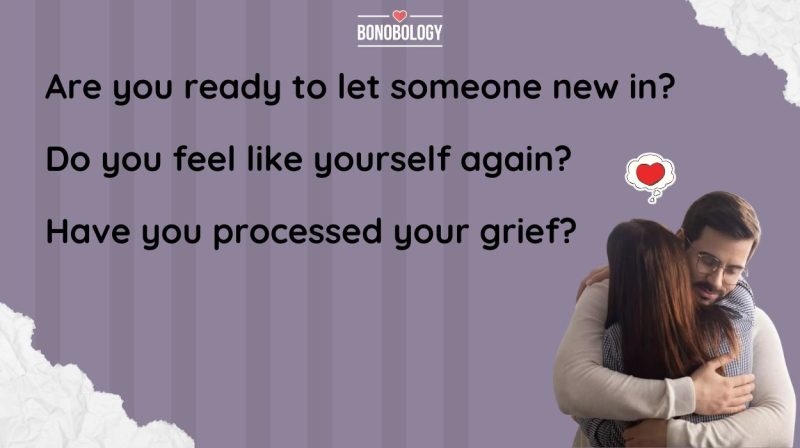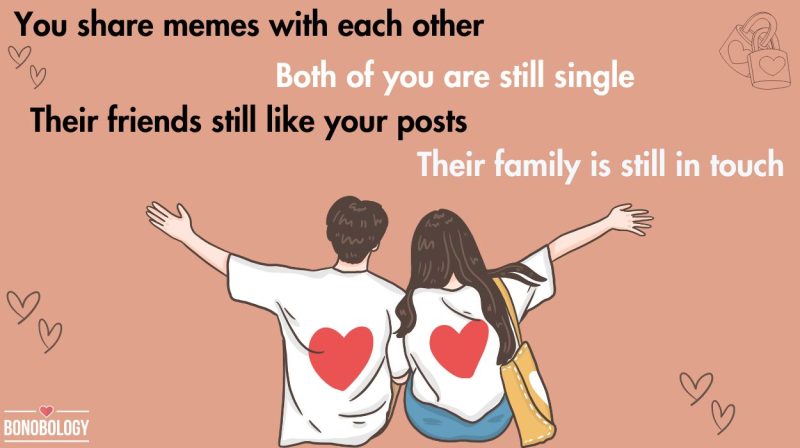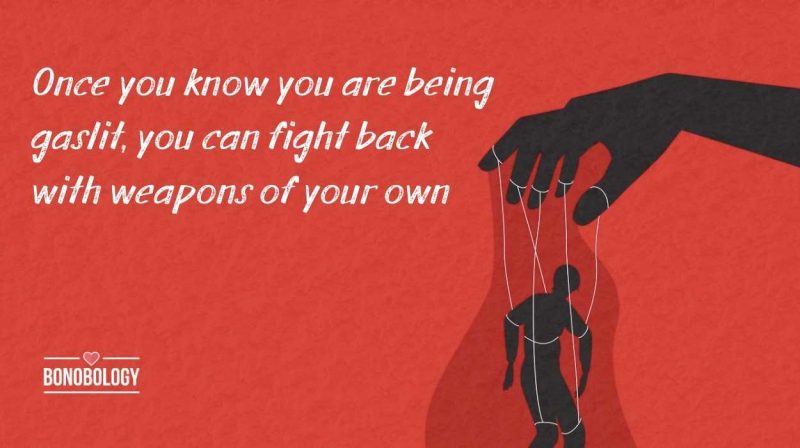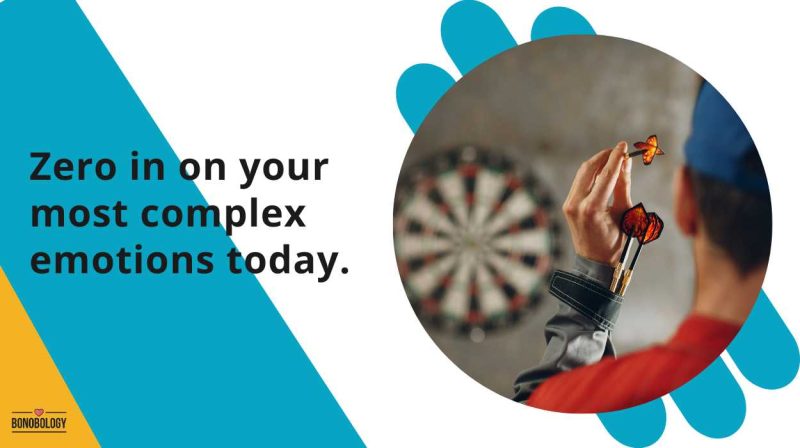“I can’t believe he did that. That’s what my ex used to do! Ugh!” “Why did he make fun of what I was wearing today?” “Why does she get to have everything? I work harder than her!” “He bought a new car again? Why am I still stuck with the same old one?” We have all found ourselves envious of the success of someone else, negatively judging our partners and being unhappy with the possessions of our friends. The habit or act of weighing yourself or your partner against other people and situations is called “the comparison trap”.
Why do people compare themselves to others? Shouldn’t we celebrate one another for who we are? The comparison between your life or relationship with someone else is only going to end up hurting you and your partner more. As they say, “The grass is always greener on the other side.” No matter who you are, the life of another individual will always be more appealing to you if you are internally dissatisfied.
It can end up wreaking havoc on both your self-esteem and your interpersonal relationships, including the romantic ones. Once you start a negative comparison of the way your partner is around you versus how your ex was, you’ve already opened Pandora’s box. So, how do we stop struggling with comparison? Why does it happen in the first place? Let’s find out.
The Comparison Trap
Table of Contents
When you see someone earning more than you thought you would by now, when you see someone with more likes and more followers on their social media feed, or when you hear about how an acquaintance just landed a lucrative new job you’ve been after, it’s human nature to turn green with envy.
Though some achievements of others may motivate us to do better, it is almost always accompanied by a pang of jealousy – and unhealthy comparison. Every flaw you’ve perceived in yourself becomes amplified, and you may start to question your worth. Such a trap isn’t something that a specific part of the population is susceptible to, we all congratulate our friends on their new lucrative jobs whilst also thinking, “What am I doing with my life?”
Speaking on the subject, Dr. Aman Bhonsle previously told Bonobology how the social media comparison trap can negatively affect your relationships. “You see the celebrity couple’s Instagram accounts, with all their followers and they suddenly become “relationship goals”. The travel vlogging couples always seem happy, smiling away all their troubles in the world.
Related Reading: How Social Media Affects Your Relationships
“They spend their lives in la-la land, uploading stories from the beaches of Greece and Cancun, blissfully oblivious to the humdrum we seem to be going through. We all know that real life doesn’t really look like that. Some days you’re tired, some days you’re irritable. Some days you’re not feeling particularly adventurous or romantic. But in the movies you watch and the social media apps you frequent, those days are never documented.
“Relationships on social media are essentially relationships on steroids. A highlight reel, put on a plate for your consumption, is highly curated and modified to be made more palatable. As a result, our own normalcy becomes vilified, we develop trust and jealousy issues and our expectations become unattainable.”
We live in a status-obsessed world, and social media is bound to amp up the comparisons we make with those around us. We try to match our worst moments with the highlights of their best ones and that ends up negatively affecting our mental state. Upward comparison, when we compare ourselves with someone we perceive to be superior, can end up leaving us with delusions of grandeur, or major self-esteem issues.
A comparison trap is infamously easy to fall into, and that’s why so many people struggle with it. Let’s try to understand what we can do to get out of it, so we don’t end up comparing our partners to the fitness models we see on Instagram.

Stuck In A Comparison Trap? Here’s What You Can Do About It
If we really feel that we have found our soulmate and that they are truly incomparable to anyone or anything, why do we fall into the trap of constantly making negative comparisons? Are we all wired to look at people the way we look for options shopping for a dress or pair of shoes?
We eventually get tired of a “perfect pair of shoes”, don’t we? So, do we get tired of our partners as well? The answer to these questions is not as simple as we would like them to be. Comparing people, however, is pretty easy and convenient. What’s difficult is shaking off this tendency.
No matter how much we might not want to, we can end up falling into the social media comparison trap and compare our partners to people from the past, or people we see on the internet. As Theodore Roosevelt put it, “Comparison is the thief of joy.” If you find yourself stuck in the comparison trap, here is what you can do to deal with it the right way:
1. Focus on your progress
You meet an old friend at a school reunion. She has the perfect figure, a rich husband by her side, and looks like she hasn’t aged a day since the last time you saw her at prom night. She has everything a man would want in a woman. Your first reaction would be to compare yourself to her.
People compare each other by observing what’s on the surface. What you see is probably the half-truth. Instead of negative comparison, focus on your own progress. Everyone has their own journey. Think about it, instead of indulging in this unhealthy line of thinking based on what you’re being allowed to see about a person, why not just focus on yourself? Instead of being jealous, be happy for her growth and be grateful for your own progress.
2. Embrace your individuality and the uniqueness of your relationship
Whether you have fallen into the comparison trap of judging your partner or yourself, take a moment to pause, reflect on your strengths and accept the fact that every individual and relationship is unique. Your traits and strengths prepare you for achievements that will differ from your peers.
Just because they appear to be the couple who never fights, doesn’t mean their relationship is objectively “better” than yours. Each relationship is different, and struggling with comparison on such ambiguous grounds is a futile attempt at defining your self-worth.
The comparison that someone’s life is better than yours is a rabbit hole you do not want to go down (unless you want to become a real-life Alice In Wonderland). You are your own person and comparing people to yourself is a negative ideology that hampers growth.

3. Respect your time
The energy and time that you will invest in comparing people can be utilized in a much more productive manner. You will be pushed toward the comparison trap and away from your goals and targets. Instead of wasting your time being jealous about your neighbor’s slick new car and comparing it with your own vehicle, join in on their happiness and go for a long drive with them. Now, isn’t that much better than overthinking about who is better and who isn’t?
4. Work on gratitude
When you indulge in upward comparison, you look at those you perceive to be superior and compare your self-worth with them. At the same time, others may be cursing their luck, wishing they had what you currently do. The point is, take some time out to be grateful for what you already have, and you’ll picture comparison in a whole different light.
Be grateful for the happy, healthy relationships you have cultivated and maintained. Be grateful for all the things you have, instead of finding a reason to crib for the things you don’t. A simple, “I am grateful for the person I am and the potential I have” may be enough to fight what you’re going through.
5. Comparison trap can be curbed with a high-self esteem
When you accept the way you look, when you love yourself for who you are, and when you love your own personality, you will embrace your uniqueness. As a result, you won’t be too worried about what others bring to the table, since you’re content with the individuality you offer.
To work on your self-esteem, you need to silence the inner critic you have within you. Thoughts like, “You’re not good enough, you’re going to fail”, “You’re never going to look like s/he does,” must be replaced with, “You’re capable of more than you know” or “The way you look is wonderful and unique to you”.
Why Do People Compare Themselves To Others?
We live in a society that teaches us to judge everyone and everything we encounter. When you’re just walking down the street, a handsome stranger can flash you a smile, making you feel like you are the sun, the moon, and the universe – and then your partner suddenly burps, interrupting your daydream. All of a sudden, you find yourself indulging in a negative comparison between your otherwise perfect partner and a stranger you saw for a mere blink of an eye.
The question you need to ask to free yourself from the comparison trap is very simple – how can you compare your entire life or relationship to a fraction of someone else’s life? You will find that internal dissatisfaction always gives rise to comparisons. What is the point of this comparison when your reality is completely different from theirs? Reality is not always pretty but it is worth it, right? At least, that’s what we tell ourselves.
There is a famous saying, “Appearances are often deceiving.” Yet, human beings fall for what they see without waiting to take a peek behind the glorious curtain. If there is chaos behind the set of a perfectly aesthetic play in the theater of life, it begins with complex human minds. There is bound to be more than what meets the eye. The comparison between success, material possessions, partners and lifestyle is very common because we are taught to be in a constant state of competition. But guess what, you don’t have to be.
Negative comparisons are a slow poison for society. Instead of being jealous of each other, why can’t we celebrate our success? Isn’t that much more fulfilling than the hollow feeling of being in a comparison trap? The first step toward breaking free is to adopt a non-judgmental mindset. Remember, you define your relationship and the values for your own life.
Related Reading: 11 Ways To Be Patient In A Relationship
Maybe, we should stop judging ourselves first and start including the people we love in that pattern of non-judgment. When you picture comparison, do so with yourself and try to be better than the person you were yesterday. A way to handle compulsive comparing starts by not comparing ourselves to our friends. The person who can define happiness for you is YOU.
If we start looking at our partners as individuals who think, breathe, and operate entirely independently of us, or others, maybe we will find that the only one we should compare them to is who they were in the past, how they treat us now and how they will be in the future. Likewise, instead of comparing yourself to people, compare yourself to the past versions of yourself. Human beings are not shoes that can be replaced with every outfit. They are individuals. They are unique. And that includes you.
FAQs
Besides the fact that it is a waste of your energy, comparing yourself to others leads to the germination of feelings of envy, guilt, shame, etc. It can take a toll on your mental health and affect your personal life. It is also a bad idea because it demotivates you on your journey towards your goals and dreams.
Focus on your strengths, believe in yourself and build a non-judgmental mindset. Understand that what you are comparing yourself to is probably just the cover of the entire book of someone’s life. And like it’s said, “Never judge a book by its cover.”
When you compare your life with fragments of someone else’s, you’re bound to amplify your own shortcomings and be highly critical of yourself. This can result in a distorted self-image and low self-esteem. As a result, your intrapersonal and interpersonal relationships can suffer.
By understanding that what you’re seeing is the highlight reel of a person’s life, you can curb social media comparison. Other methods include building up high self-esteem, curbing your time on social media or getting rid of triggers on your social media so you don’t come across them.
Comparison culture is when we compare ourselves to each other based on our social media profiles which are often an exaggerated version of a person’s life.
Your contribution does not constitute a charitable donation. It will allow Bonobology to continue bringing you new and up-to-date information in our pursuit of helping anyone in the world to learn how to do anything.























Featured
Am I Moving On Too Quickly After Death Of Spouse—How To Decide
15 Signs You’ll Get Back Together With Your Ex
How To Get Over Trust Issues — A Therapist Shares 9 Tips
Learn How To Forgive Yourself For Hurting Someone You Love
How To Find Peace After Being Cheated On — 9 Tips From A Therapist
How To Deal With A Cheating Husband
35 Disturbing Signs Of Gaslighting In A Relationship
What Is Narcissistic Ghosting And How To Respond To It
‘My Husband Starts Fights And Then Blames Me’: Ways To Cope
How To Rebuild Your Life After The Death Of A Spouse: 11 Expert-Backed Tips
My Husband Died And I Want Him Back: Coping With Grief
“Am I Unlovable” – 9 Reasons You Feel This Way
11 Signs Your Girlfriend Was Sexually Abused In The Past And How To Help Her
Coping With Breakups: The Must-Have Breakup Apps For Your Phone
15 Signs You Are Wasting Your Time Trying To Get Your Ex Back
Why Are You Obsessed With Someone You Barely Know — 10 Possible Reasons
33 Phrases To Shut Down Gaslighting And Silence Gaslighters
The Emotion Wheel: What It Is And How To Use It To Build Better Relationships
The Role Of Supportive Relationships In Addiction Recovery
7 Signs You Have A Verbally Abusive Wife And 6 Things You Can Do About It